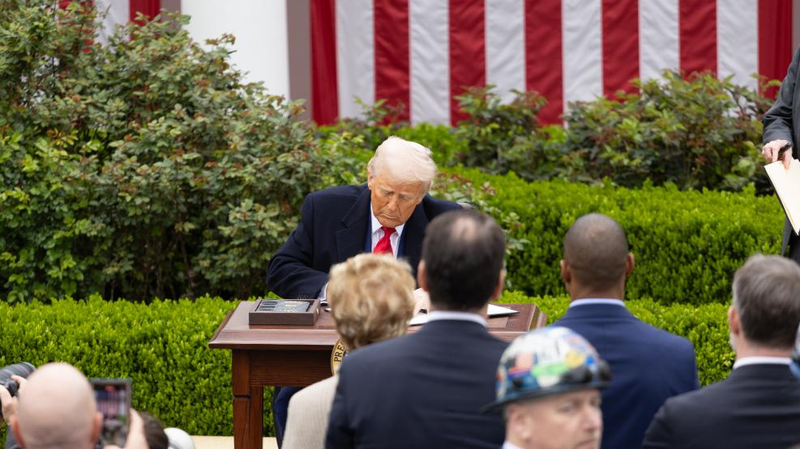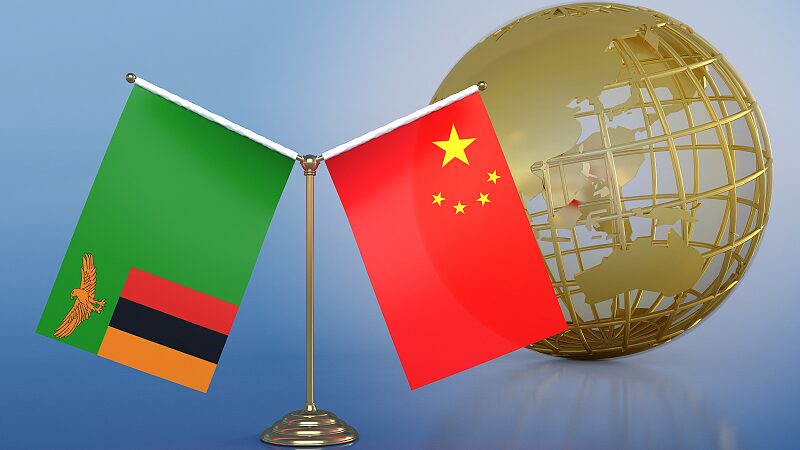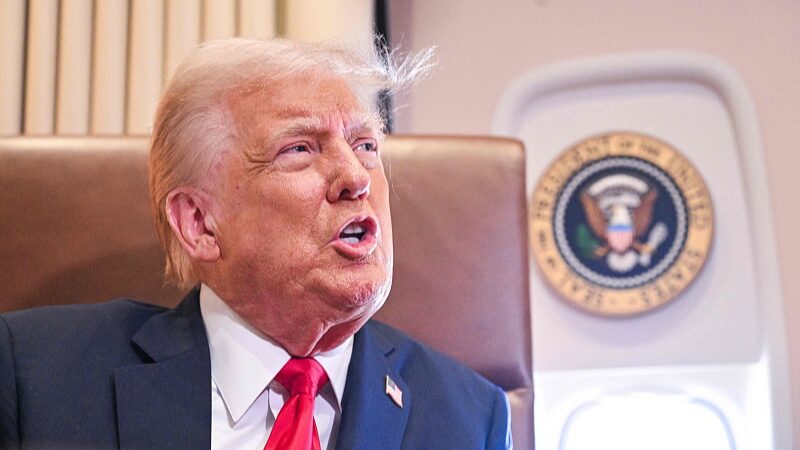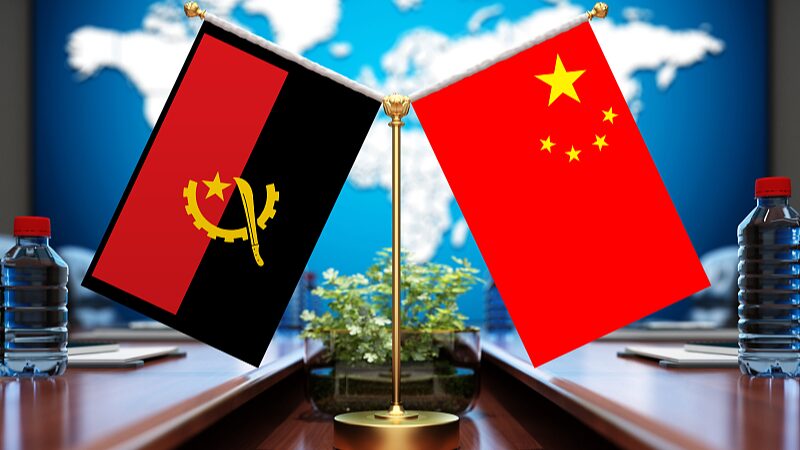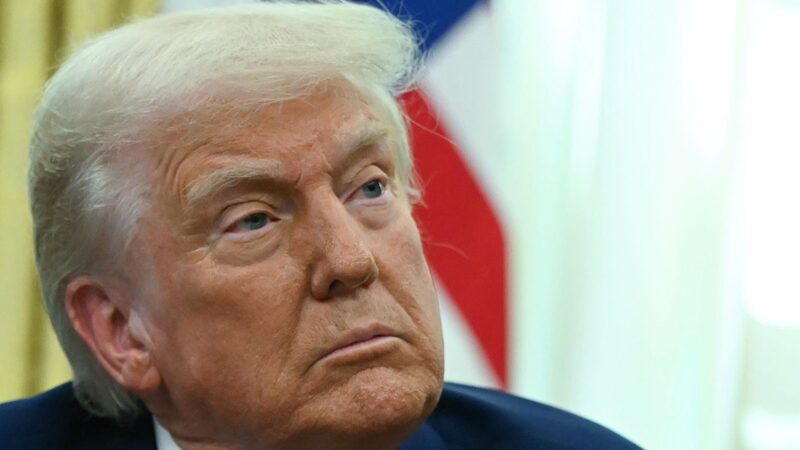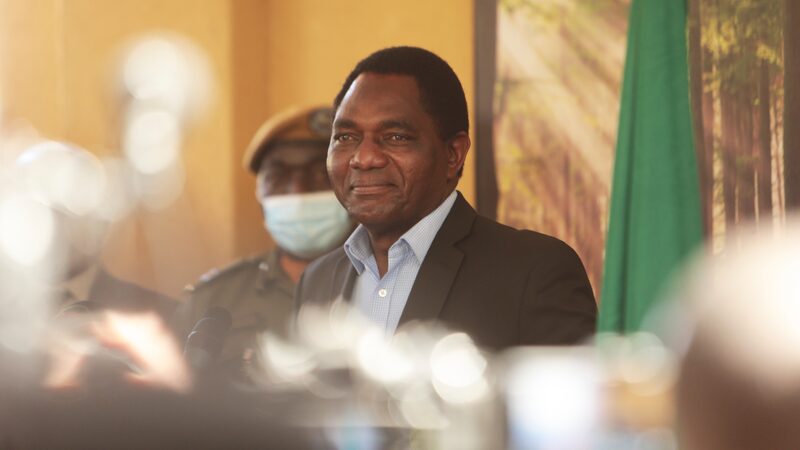The U.S. decision to impose sweeping reciprocal tariffs on African imports has ignited concerns over the continent’s economic stability. President Donald Trump’s baseline 10% duty targets raw commodities like oil, minerals, and agricultural goods – lifelines for many African economies. Countries such as Lesotho, Nigeria, and South Africa face higher tariffs, reaching up to 50%, potentially undermining export revenues critical to government budgets.
Short-term disruptions are already looming. Exporters in Nigeria and Angola, reliant on U.S. oil purchases, may see profitability shrink, while Madagascar’s textile sector faces a 47% tariff hurdle. Meanwhile, inflationary pressures threaten Ghana and Zambia, where imported machinery and electronics from the U.S. could drive up production costs. “Tariffs risk compounding existing debt crises,” warns the Center for Global Development, highlighting risks of currency depreciation and reduced public spending.
Longer-term, the tariffs could accelerate shifts in Africa’s trade partnerships. With the continent’s raw commodity-heavy exports now doubly vulnerable to price swings and trade barriers, nations may seek diversification. While policymakers scramble to mitigate shocks, analysts caution that reorienting trade flows will require time many fragile economies lack.
Reference(s):
How the U.S. tariff war could reshape Africa's trade landscape
cgtn.com
